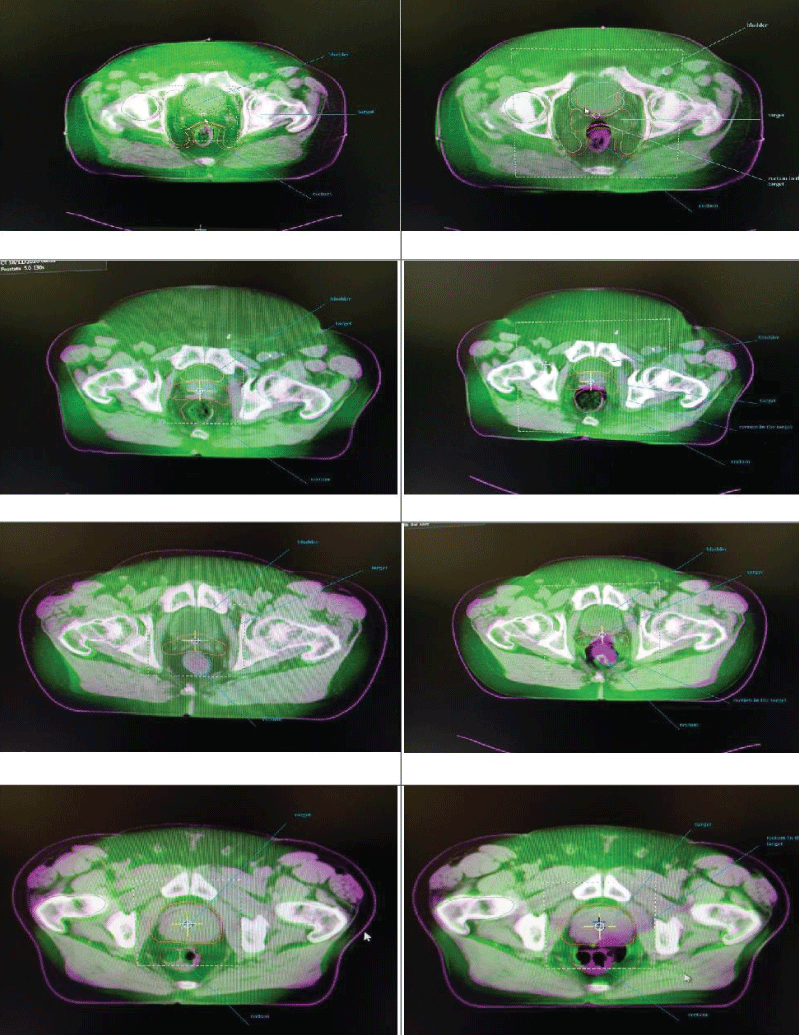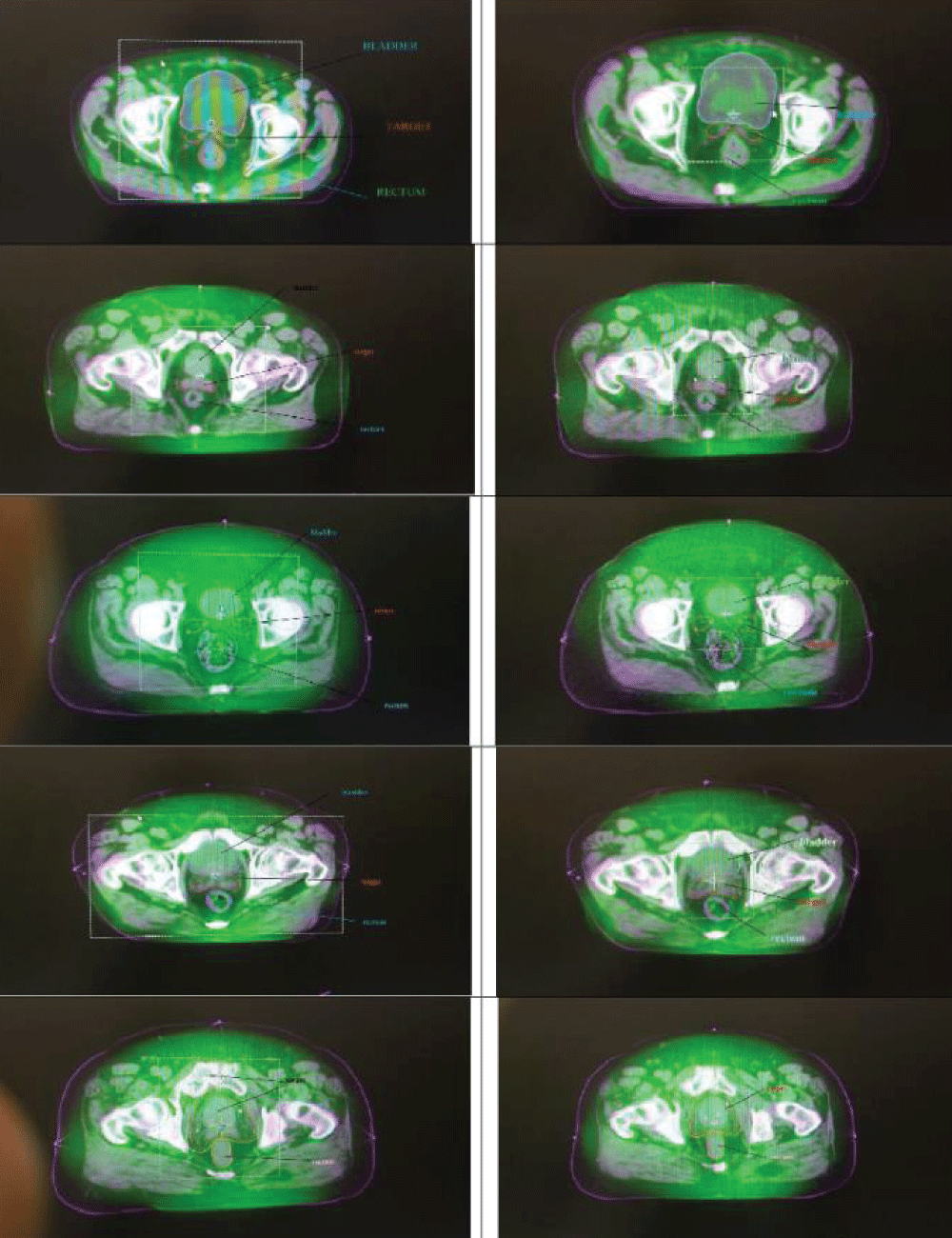Preventing Rectal Toxicity in Prostate Cancer: Diet and Supplement Alternative to Enemas or Rectal Spacer
Preventing Rectal Toxicity in Prostate Cancer Treatment: A Diet and Supplement Approach
Prostate cancer treatment often involves radiotherapy, but a significant challenge is managing rectal toxicity, which can affect up to 25% of patients. This blog highlights innovative approaches, referencing the recent study titled Preventing Rectal Toxicity in Prostate Cancer: Diet and Supplement Alternative to Enemas or Rectal Spacer (Full Text, DOI).
Understanding Rectal Toxicity
Rectal toxicity can result in bowel discomfort, fecal incontinence, and bleeding due to radiotherapy’s impact on surrounding tissues. The study emphasizes that rectal toxicity risks are associated with radiation dose exposure and rectum positioning during treatment. Traditionally, enemas and rectal spacers have been used to mitigate these risks, but they have limitations in terms of patient comfort and procedural challenges.
An Innovative Approach: Diet and Supplementation
The study conducted at Cosenza Hospital in Italy introduced a novel method combining a fiber- and fat-free diet with supplements like activated charcoal and a macrogol-based medical device. This approach aimed to:
- Optimize rectal emptying.
- Minimize the rectal volume exposed to radiation.
- Reduce acute toxicity rates.
Key Findings
- Patient Groups:
- 29 patients followed a fiber- and fat-free diet alone.
- 86 patients, with eating disorders (ED), followed the same diet with added activated charcoal and macrogol.
- Outcomes:
- Acute rectal toxicity was significantly lower in the diet-plus-supplement group (1.16%) compared to the diet-only group (20.68%).
- No chronic toxicity was observed in either group.
- Benefits of Supplements:
- Activated charcoal reduced intestinal gas.
- Macrogol improved bowel regularity without metabolic disruption.
Patient-Friendly and Effective
This approach avoids the discomfort associated with enemas and the procedural risks of rectal spacers. Patients reported better quality of life during treatment, with no interruptions due to complications. Moreover, daily imaging confirmed that the rectum remained stable during radiotherapy sessions, ensuring precision and safety.
Implications for Prostate Cancer Care
The study demonstrates that simple dietary modifications combined with non-invasive supplements can effectively reduce rectal toxicity. This method could be particularly beneficial for older patients and those with comorbidities, offering a cost-effective and scalable solution for radiotherapy centers.
Conclusion
Diet and supplementation represent a promising alternative to traditional rectal toxicity prevention methods in prostate cancer radiotherapy. By integrating these measures, healthcare providers can enhance patient comfort and treatment outcomes.
For more details, visit the original study (Full Text, DOI).
Tags: Prostate Cancer, Radiotherapy, Rectal Toxicity, Diet Therapy, Activated Charcoal, Macrogol, Oncology, Patient Care.

Figure 1: Cone Beam Computed Tomography (CBCT). Subjects following fiber- and fat-free diet-only.

Figure 2: Cone Beam Computed Tomography (CBCT). Subjects with eating disorders (ED) following fiber-and fat-free diet + activated charcoal and macrogol-based medical device.
